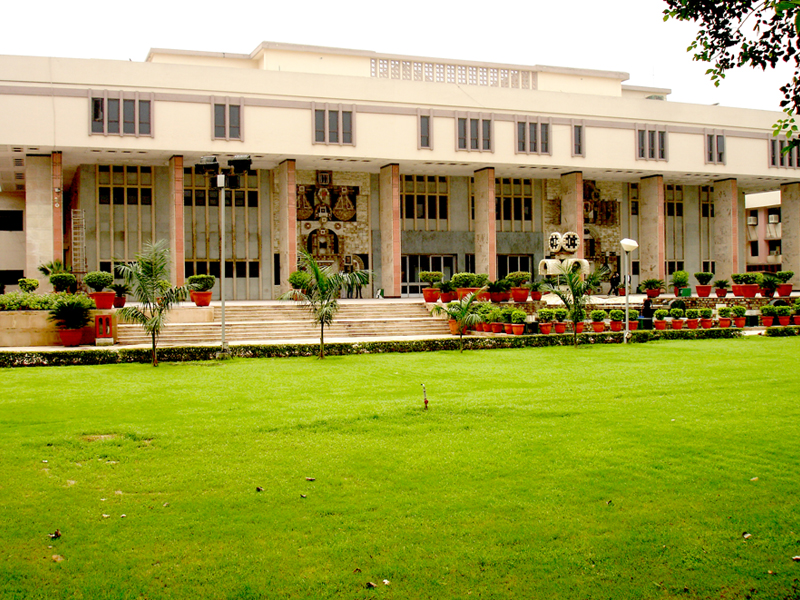The Delhi High Court stated that the assessing officer does not need to evaluate the commercial reasons behind a transaction or replace the views of the parties involved.

The Delhi High Court stated that the Assessing Officer does not need to assess the commercial reasonableness of a transaction or replace the views of the parties involved. This statement was made during an appeal by the Revenue under Section 260A of the Income Tax Act, 1961, against a decision from the Income Tax Appellate Tribunal (ITAT). A Division Bench, including Justice Vibhu Bakhru and Justice Swarana Kanta Sharma, highlighted that the AO should allow the parties involved to have the freedom to make their own business decisions. The AO must accept the transaction unless there is strong evidence showing it is not genuine.
Advocate Sunil Kumar Agarwal represented the Appellant, while Advocate Sameer Rohatgi represented the Respondent. The Revenue challenged the Commissioner of Income Tax (Appeals) [CIT(A)]’s ruling that favored the Respondent-Company regarding the Assessment Order for the Assessment Year (A.Y.) 2010-11. The Assessing Officer (AO) added to the income reported by the Respondent (Assessee) under Section 68 of the ITA and rejected the addition under Section 14A of the ITA. The Respondent’s income tax return was selected for scrutiny, and a notice under Section 143(2) of the ITA was issued. The Respondent claimed it received ₹67.50 crores from Unitech as an advance for selling certain lands in Maharashtra.
The Assessee signed an Agreement to Sell on a stamp paper. The Assessing Officer (AO) discovered that the stamp paper was issued after the deed’s date and concluded it was fake. As a result, the AO determined that the credit recorded in the Respondent’s accounts was unexplained and should be added to the total income. The Respondent was unhappy and appealed to the CIT(A), which ruled in their favor. The Revenue then appealed to the ITAT, but that appeal was denied, leading the case to the High Court. The High Court observed that there was no question about Unitech’s ability to pay and confirmed that it had indeed paid ₹67.5 crores to the Assessee. There were no signs that the Assessee was hiding taxable income as a property sale advance. Additionally, Unitech did not list this payment as an expense and gained no tax benefit from it. Therefore, the transaction was considered tax neutral.
The Court stated that determining if a documentation issue suggests deceit must consider other relevant facts of the case. If those facts show that the taxpayer has taxable income or hidden assets that were disguised as another transaction, any documentation flaws could be important. However, if there is no evidence that the credit shown in the records could be taxed if not recorded that way, it would be unfair for the Assessing Officer to dismiss the taxpayer’s explanation due to any documentation issues. Additionally, the Court noted that the legal questions raised by the Revenue were based on the assumption that Unitech’s creditworthiness was questionable, even though it was clear that Unitech had enough funds to make the payment. As a result, the High Court rejected the Appeal, ruling in favor of the taxpayer and against the Revenue.
Cause Title: The Pr. Commissioner of Income Tax-6 v. Nucleas Steel Pvt. Ltd. (Neutral Citation: 2024:DHC:8694-DB)
Appearance:
Appellant: Advocates Sunil Kumar Agarwal, Shivansh B. Pandya, Viplav Acharya, and Utkarsh Tiwari. Respondent: Advocates Sameer Rohatgi and Kartikey Singh.









